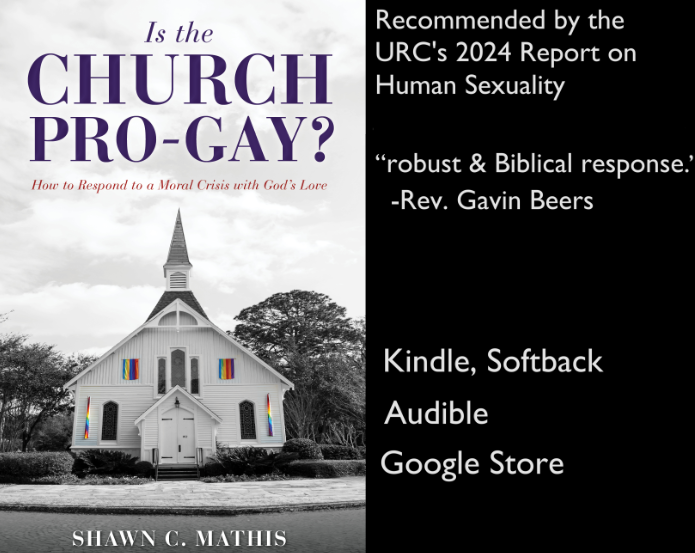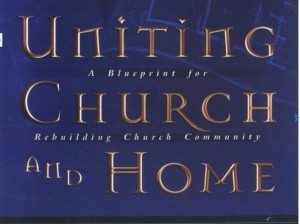[Originally published under a different title, here, back in 2011. It is reprinted in full without verifying the existence of the links.]
The upcoming Christian homeschooling conference begins this week in northern Denver.
And the topics covered in this conference include far more than the narrow issues of educating junior in the ABCs. Since the topics range from basic homeschooling issues to apologetics, economics and cultural issues, more discernment is required of the average parent.
But who has time to discover exactly what these speakers believe? What have they said that is relevant to what they will say?
The first guest speaker, who has spoken in past events here in Colorado, is Doug Phillips.
The conference brochure describes him in this manner: “Serving as the president of Vision Forum Ministries, Doug Phillips travels the country, communicating a vision of family life and education grounded in the Scriptures.”
Such a generic description offers a warm feeling among conservatives who are eager to practice a biblical view of family life and education. However, the same description masks various differences between himself and the historical approach to family and education.
Vision Forum’s mission statement (on the about page) states,
“Most men are gripped by fear. They fear the loss of job security. They fear the unknown. They fear the opinions of others. This fear prevents many fathers from beginning home education — the educational approach most consistent with both the methodology and goals of education as articulated in Scripture. This fear prevents other fathers from making lifestyle changes which will allow them to spend more time walking beside their children, as God commands.”
In other words, Mr. Phillip’s organization believes homeschooling is the “educational approach most consistent” with the Scriptures. Presumably fathers who do not homeschool (but perhaps use a Christian school) are “gripped with fear.” And, apparently, it must be a type of homeschooling in which fathers can “spend more time” nurturing their children.
What is his view about Christian schools then? In one blog posting he wrote:
“The growth of the home education movement is in the hands of the Lord, but reasonable projections based on available data indicate that the home education movement has at least another ten years of rapid growth as more and more parents not only seek to avoid the spiritual, moral, and practical evils of government school education, but desire a better path than that found in the age-segregated, peer-driven education models which often define private school education of every stripe…And don’t kid yourself: Both government and Christian school advocates vigorously make the case for the superiority of their own systems and methods. They actively attempt to evangelize Christians into sending children to their institutions. And let them do so. Bring on the debate.”
In fact, in one post he decried mothers working at Christian day schools:
“Christian pastors embraced birth control, working wives and career oriented daughters. Often they would build their private fiefdoms around economically self-destructive Christian day schools fueled by the ultimate cheap labor force: young working moms.”
But even if it is granted that homeschooling is the “educational approach most consistent” with the Bible, does it have the divine blessing? In a radio interview in 2006, Mr. Phillips excitedly asserted:
“Home educators, almost by definition, have turned their heart to their children [Mal. 4] . . . So there’s been a revival that’s taking place in the heart of these homeschool families. And this revival works itself out to the local church . . . our prayer: every Christian in the world is in a family integrated church. And there should be nothing but that, but you know what that is going to lead to? That’s going to lead to people homeschooling!”
Not only is homeschooling most faithful to the Word of God it is a revival!
But what is this “family integrated church” he spoke of? Positively the family integrated church movement calls parents to be involved in the spiritual nurture of their own children. It is a movement that rejects the childish fascination with niche-marketing. These are good things.
But negatively–that which makes it different from other churches that may otherwise agree–it asserts that age-segregated Sunday schools and the like are based upon “unbiblical, evolutionary and secular thinking which have invaded the church” (read here and here).
It would be one thing for a church not to practice age-segregated Sunday school out of practical concerns, but it is quite another to base the rejection of this practice upon a narrow view of Christian liberty. He asserted:
“[If all you had was the Bible on a desert island] . . . would you naturally conclude that you should fragment children along age-groups and put them in grade-based classroom . . . would you see a foundation . . . would you see a pattern, would there be any ground, any refuge in God’s Word that leads you to mimic this approach?”
Such a simplistic view of the sufficiency of the Bible was never endorsed in the major Protestant confessions or by the leaders. More importantly, the Bible itself offers no such test.
Now, one can certainly believe all these things and even be asked to speak at a Christian homeschooler’s conference. But one cannot call upon the Puritans or early American fathers as their spiritual predecessors in these matters. The Puritans did not follow a desert-island test, they segregated children (by age and from their families) and even encouraged the creation of schools.
In spite of these systemic problems, Mr. Phillips’ zeal for family reformation is commendable. Vision Forum’s efforts to challenge lazy fathers is laudable. And, hopefully, the upcoming talks will prove helpful for those in need of such messages.







